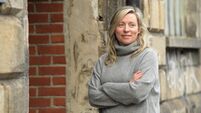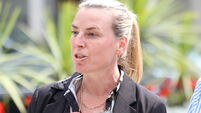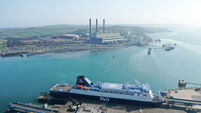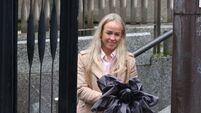HSE under pressure amid 'collapse' in number of women being screened for breast cancer
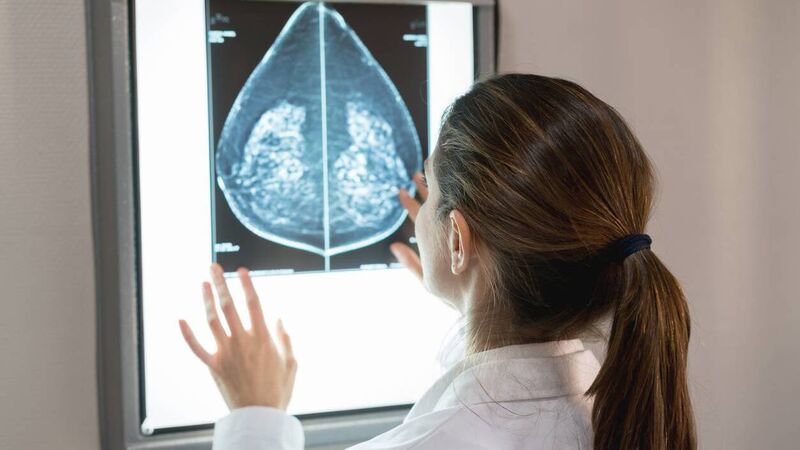
The HSE said BreastCheck was 'impacted by the global shortage of radiology staff'.
The HSE is coming under pressure to explain how one of its key cancer screening services has missed its own targets for the past two years in a row.
BreastCheck, the countrywide screening service for women aged between 50 and 69, missed its target of 195,000 screenings in 2024 by just under 30%.






